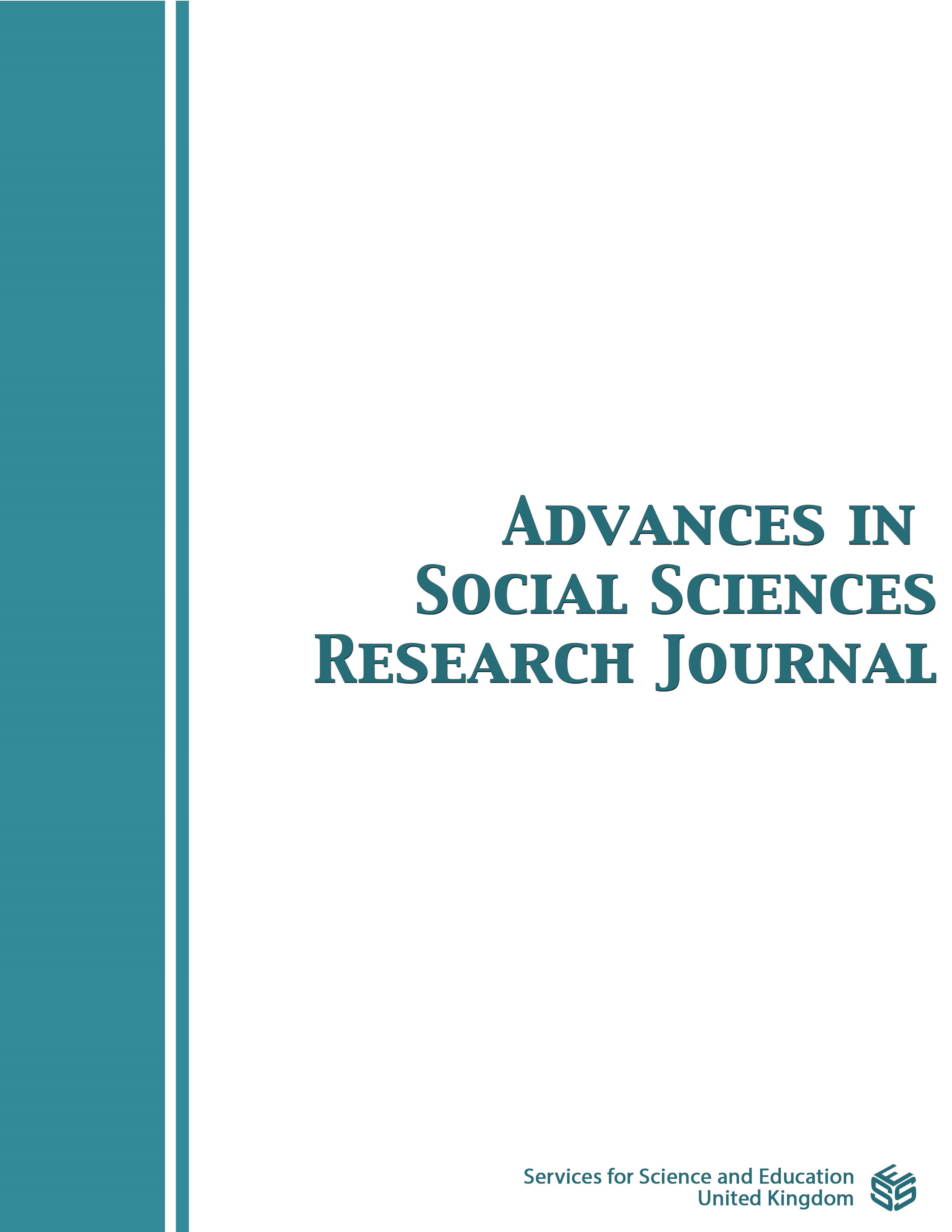The Effect of Inflation and Interest Rate on Consumer Spending: Empirical Evidence from Malaysia
DOI:
https://doi.org/10.14738/assrj.112.2.16399Keywords:
Inflation, Interest rate, Disposable Income, Ordinary Least Square, Granger CausalityAbstract
This study seeks to determine the exact impact of inflation, interest rate and disposable income on consumer spending in Malaysia. Although there have been few studies which explored the issue of inflation, interest rate, disposable income and consumer spending, their method, time scope and geographical location had been different. This study aims to examine the relationship of inflation (CPI), interest rate, disposable income (GDP per capita) with consumer spending in Malaysia using annual time series data from the period 1980 to 2022 and employing Ordinary Least Square (OLS) and Granger Causality to test causality relationship amongst variables. The result revealed that there is a significant negative relationship between interest rate and consumer spending. However, inflation rate has an insignificant positive effect with consumer spending. Disposable income (GDP) shows a significant positive relationship on consumer spending. In addition, the findings supported Keynesian Absolute Income Hypothesis which stated that consumption positively correlates with disposable income. The study recommends the employers of labour should make an effort to periodically raise workers' wages to reflect shifts in the macroeconomic and microeconomic conditions impacting the country. Only when wages are raised in line with the nation's economic conditions will consumers be able to improve their consumption expenditures through an increase in disposable income. Policies that lower taxes should also be developed to increase consumers' disposable income.
Downloads
Published
How to Cite
Issue
Section
License
Copyright (c) 2024 Nurin Sabrina Khairul Nizam, Sharulshahida Shakrein Safian, Salwaty Jamaludin, Adibah Alawiah Osman

This work is licensed under a Creative Commons Attribution 4.0 International License.
Authors wishing to include figures, tables, or text passages that have already been published elsewhere are required to obtain permission from the copyright owner(s) for both the print and online format and to include evidence that such permission has been granted when submitting their papers. Any material received without such evidence will be assumed to originate from the authors.






